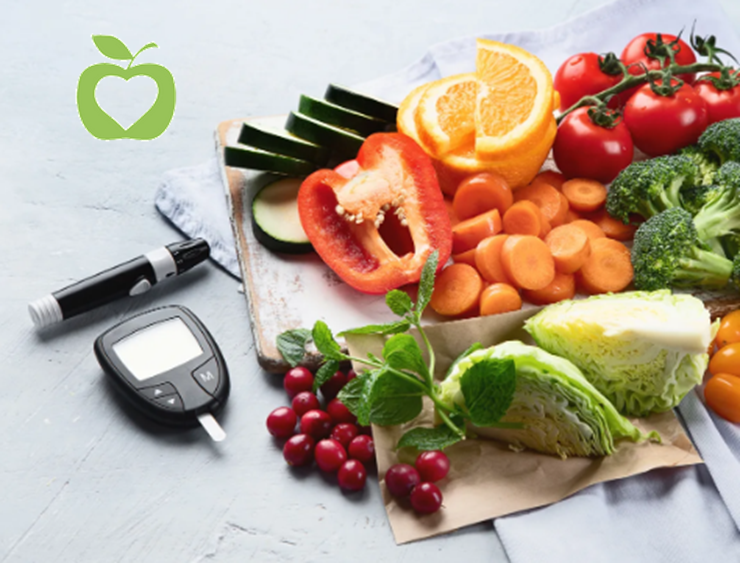Diabetes is a chronic condition that affects millions of people worldwide. One of the most important aspects of managing diabetes is diet. The food and beverages we consume can have a significant impact on blood sugar levels, making it essential to make informed dietary choices. In this article, we’ll discuss 5 foods and beverages to limit or avoid for better blood sugar control.
1. Sugary Drinks
Sugary drinks, such as soda, energy drinks, and sports drinks, are loaded with sugar and can cause a rapid spike in blood sugar levels. These drinks are also often high in calories and can contribute to weight gain, which is a risk factor for diabetes.
Tip: Opt for water, unsweetened tea, or sugar-free drinks instead. If you crave a sweet beverage, try adding a splash of lemon or lime juice for flavor.
2. Processed Snacks
Processed snacks, such as chips, cookies, and crackers, are often high in refined carbohydrates, sugar, and unhealthy fats. These snacks can cause a rapid increase in blood sugar levels and contribute to weight gain.
Tip: Instead of processed snacks, try snacking on fresh fruits, vegetables, or nuts. These snacks are nutrient-dense and can help keep blood sugar levels stable.
3. White Bread and Pasta
White bread and pasta are high-glycemic index foods that can cause a rapid spike in blood sugar levels. These foods are also often low in fiber and nutrients, making them an unhealthy choice for people with diabetes.
Tip: Opt for whole-grain bread and pasta instead. These foods are high in fiber and nutrients, making them a better choice for blood sugar control.
4. Fried Foods
Fried foods, such as french fries and fried chicken, are often high in unhealthy fats and calories. These foods can also cause a rapid increase in blood sugar levels and contribute to weight gain.
Tip: Choose grilled, baked, or broiled foods instead of fried foods. These cooking methods are healthier and can help keep blood sugar levels stable.
5. Alcohol
Alcohol can cause a rapid increase in blood sugar levels and can also interfere with diabetes medication. Additionally, alcohol can contribute to weight gain, which is a risk factor for diabetes.
Tip: If you choose to drink alcohol, do so in moderation. Women should limit their alcohol intake to one drink per day, and men should limit their intake to two drinks per day. Additionally, be sure to speak with your healthcare provider about how alcohol may affect your diabetes medication.
Conclusion
Diet plays a crucial role in managing diabetes. By limiting or avoiding sugary drinks, processed snacks, white bread and pasta, fried foods, and alcohol, people with diabetes can achieve better blood sugar control and improve their overall health. Additionally, it’s important to choose nutrient-dense foods, such as whole grains, fruits, vegetables, and lean proteins, to support optimal blood sugar control. As with any dietary change, be sure to speak with your healthcare provider before making significant changes to your diet.

